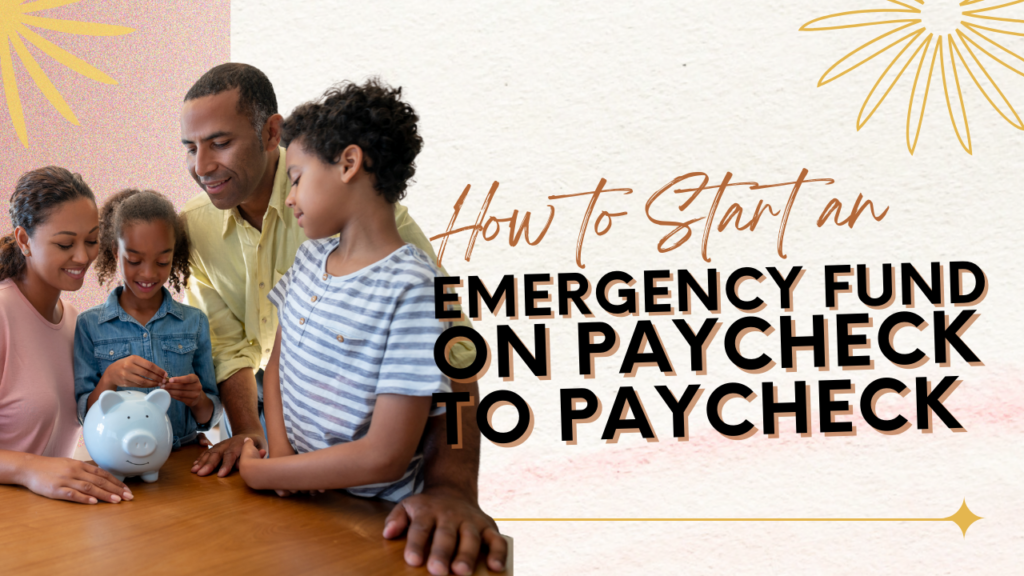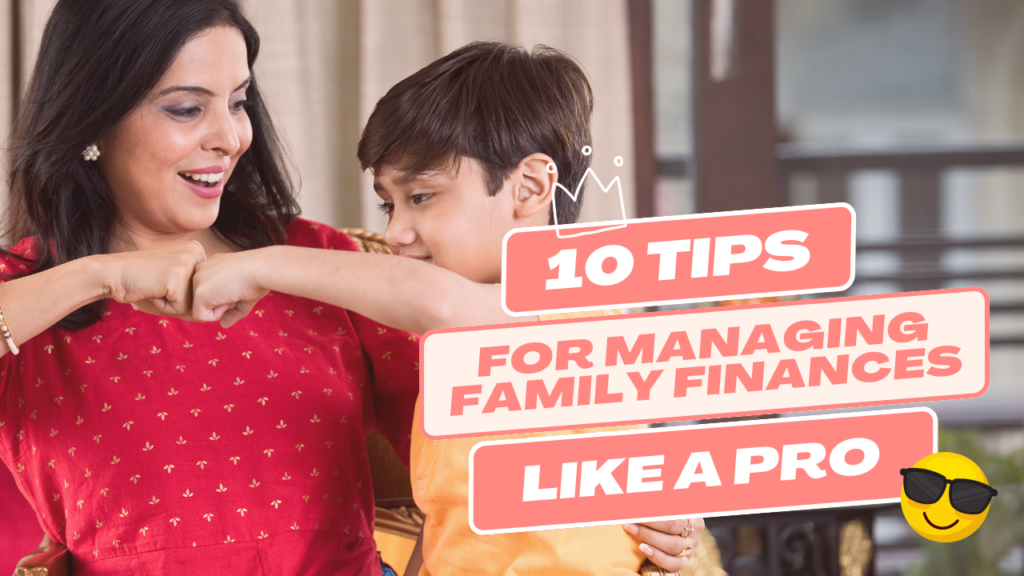When it comes to getting a new car for your family, one of the first decisions you need to think about is this: what’s better when it comes to leasing vs buying? Both options have their own unique advantages and disadvantages, and it’s important to weigh them carefully before making a decision.
In this article, we’ll explore the pros and cons of leasing versus buying a car for your family, helping you make an informed choice that suits your needs and circumstances.
Leasing a Car: The Pros
A quick definiton of leasing first: Thomas Brock of Investopedia puts it like this, “Leasing a car means that you basically rent it for a specific and limited time period.”
Lower Monthly Payments
One of the biggest advantages of leasing a car is that it often comes with lower monthly payments compared to buying. When you lease, you’re essentially renting the vehicle for a specific period of time, typically two to three years, depending on your lease agreement.
As a result, your monthly payment is generally lower than if you were financing the purchase of a vehicle.
Access to Newer Models
Leasing offers you the opportunity to drive a brand-new car every few years. This means you can enjoy the latest features, technology, and safety advancements without the hassle of trading in or selling an older vehicle at the end of the lease. For families who value having the newest and most advanced cars, leasing can be a great option.
Limited Repair Costs
With a leased car, you don’t have to worry about major repair costs for a leased vehicle due to wear and tear. Most leases come with warranties that cover repairs and maintenance during the lease term. This can provide peace of mind and save you monthly cost, especially if you encounter any unexpected issues with the vehicle.
Leasing a Car: The Cons
Mileage Restrictions
One of the downsides of leasing a car is that there are usually mileage restrictions within the lease period. Leasing contracts typically come with an annual mileage limit, and exceeding this limit can lead to additional charges. If your family frequently takes long road trips or has a high daily commute, leasing may not be the best choice. In this case, you may have to end the car lease early and return the car. However, it all depends on what you need. Jon Linkov of Consumer Report points out: “With many people working from home, the mileage restrictions on a lease might not be a factor for a lot of shoppers. Quite the opposite: They might find that they don’t use the miles they have paid for.”
No Ownership or Equity
When you lease a car, you don’t own the vehicle. This means you won’t build any equity over time, and you won’t have the option to sell or trade in the car for cash. If you prefer to have ownership and the ability to customize or modify your vehicle, buying may be a better fit for your family.
Buying a Car: The Pros
Ownership and Equity
One of the biggest advantages of buying a car is that you own the vehicle outright. This means you have the freedom to customize, modify, or sell it whenever you choose. Owning a car also allows you to build equity, which can be beneficial if you plan to trade it in or sell it in the future.
No Mileage Restrictions
Unlike leasing, buying a car doesn’t come with mileage restrictions. You can drive as much as you want without worrying about additional charges or penalties. For families who frequently travel or have long commutes, buying a car may be the better option.
Buying a Car: The Cons
Higher Upfront Costs
When you buy a car, you typically need to make a larger upfront payment, whether it’s a down payment or the full purchase price. This can be a significant financial commitment compared to a lease payment, especially for families on a tight budget. This is why people who buy cars usually take out a car loan first.
Additionally, financing a car purchase often leads to higher average monthly payment compared to lease payments.
Depreciation
One of the downsides of buying a car is that it depreciates over time. As soon as you drive a new car off the lot, its value begins to decline. While all cars depreciate, some models may hold their value better than others.
If preserving resale value is important to you, research and choose a car with a good track record in this regard.
Key Considerations: Buy or Lease?
When it comes to choosing between leasing and buying a car for your family, there are several key considerations that can help you make the right decision.
Each family’s circumstances are unique, so it’s important to evaluate these factors in order to find the option that best aligns with your goals and priorities.
1. Budget and Financial Stability
Consider monthly costs, your budget, and financial stability when deciding whether to lease or buy a car. Leasing typically offers lower monthly payments, making it an attractive option for families on a tight budget. However, it’s essential to take into account your long-term financial goals and stability.
Buying a car may require a larger upfront payment, but it allows you to build equity and potentially save money in the long run.
2. Lifestyle and Driving Habits
Evaluate your family’s lifestyle and driving habits to determine which option suits you best. If you have a high daily commute or frequently embark on long road trips, buying a car with no mileage restrictions might be the better choice. Conversely, if you primarily use a car for short trips and prefer the convenience of a new vehicle every few years, a car lease could be a more suitable option.
3. Ownership and Customization
Consider your desire for ownership and the ability to customize the vehicle. Buying a car provides you with complete ownership, giving you the freedom to personalize and modify it according to your preferences.
If having full control and the possibility of selling or trading in the vehicle is important to you, buying might be the ideal option. On the other hand, leasing allows you to enjoy the latest models without worrying about long-term commitments or the hassle of selling a car.
4. Resale Value and Depreciation
Take into account the resale value and depreciation of the car models you are considering. Some vehicles hold their value better than others, which can impact your long-term financial situation. If preserving resale value is a priority, conduct thorough research on the depreciation rates of different models before making a decision.
5. Future Family Needs
Think about your family’s future needs when deciding between leasing and buying. Consider factors such as the number of children you plan to have, changes in commuting patterns, and potential lifestyle shifts. Leasing may be a good choice if you anticipate needing a different type of vehicle in the near future, while buying allows for flexibility and adaptability as your family evolves.
6. Seek Expert Advice
Lastly, don’t hesitate to seek expert advice from financial advisors or car dealerships. They can provide personalized guidance based on your specific situation and help you navigate through the various options available.
Their expertise can assist you in making an informed decision that aligns with your family’s goals for happy travels and financial abundance.
Choosing between leasing and buying a car is a significant decision that requires careful consideration.
By evaluating these key considerations and seeking expert advice, you can confidently make a choice that suits your family’s needs and brings you joy on the road ahead.
To Wrap Up
Choosing between leasing and buying a car for your family is a personal decision that depends on your unique circumstances and priorities. Leasing offers lower monthly payments, access to newer models, and limited repair costs, but comes with mileage restrictions and no ownership or equity. On the other hand, buying provides ownership, the ability to customize, and no mileage restrictions, but has higher upfront costs and depreciation to consider.
But ask: what do you really need? Rebecca Betterton of Bankrate describes who needs what: “If you prefer to be in total control when it comes to your vehicle and finances, buying might be best for you. You won’t have to worry about mileage restrictions or possible additional charges for things like wear and tear.” Meanwhile, she has this to say about leasing: “Leasing is the right option for you if you want to get behind the wheel of a vehicle without a substantial financial commitment upfront. Leasing eases the monthly cost to a more manageable number. It also allows you to drive a more luxurious vehicle than you might otherwise be able to afford.”
Consider your family’s needs, lifestyle, and budget before making a choice that aligns with your goals for happy family travels and financial abundance.












